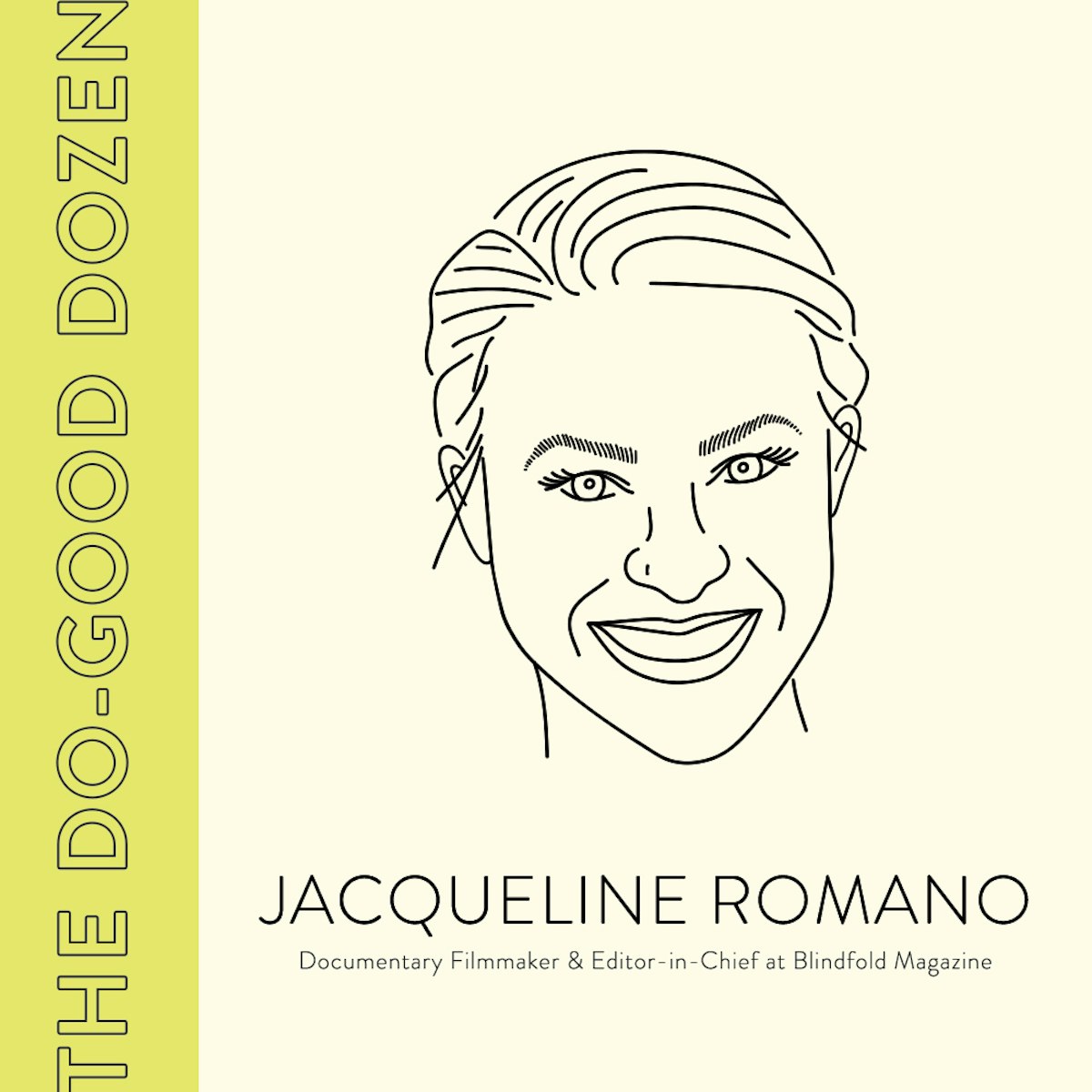We asked the Yellow community (you!) to help us find our Do-Good Dozen winner for the month of June, and were blown away by the amazing women you introduced us to. Described as compassionate, driven, and creative by those that nominated her, Jacqueline Romano stood out to us as we learned more about her work at Blindfold Magazine and sharing of her own story to help others heal. Through visual storytelling on their digital platform, Blindfold shows there is no one-size-fits-all answer to bettering the world, and we couldn’t agree more. Jacqueline believes she was given her gifts, “to use as a tool to connect people through story, to give hope, and guide people who want to take action to their purpose.” Read on to hear how this month’s Do-Good Dozen winner navigates sharing her personal interests and skills with the world and becoming a voice for others through documentary filmmaking.
Tell us a little about yourself and how your interest in documentary filmmaking began.
From a young age, I always had a strong desire to use my creativity to bring awareness to important topics. In my pre-teen and adolescent years, I collaborated with various organizations and used my drawing skills to create promotional materials in support of drowning prevention and helmet safety. I also always had a passion for human stories.
When I eventually picked up a camera in high school, it clicked that I could use this creative tool to connect people to other human experiences through documentary filmmaking, especially in the realm of social justice and awareness.
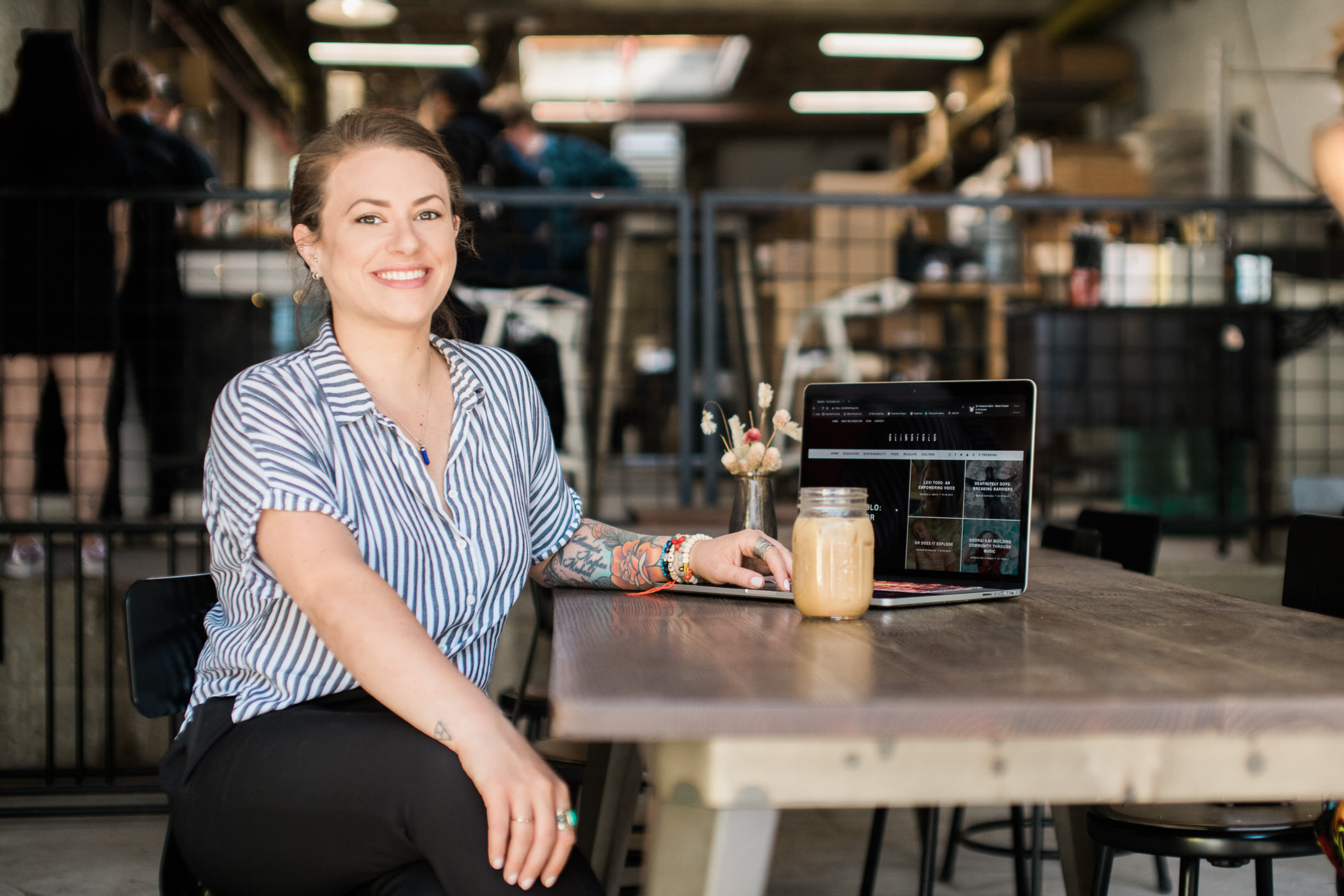
What does your daily work at Blindfold Magazine look like?
I am surrounded by an amazing team of contributors and interns who support the growth of our storytelling platform, and who are also excited for the impact it is having on our audience. Every day is variable to the next. Some days are spent interviewing activists, advocates, and thought leaders for our written articles, some are spent producing and directing content for our “Mini-Doc” series. Other days are spent creating promotional materials, or brainstorming new ideas for who we will interview or collaborate with. Our goal is always to deliver authentic and inspirational content in an engaging way.
What does it mean to you to be a socially conscious person?
In my opinion, a socially conscious person is an individual who is committed to using their ideas, passions, and tools to contribute to the greater good of our planet, and all who call it home. This can be viewed in a wide spectrum, ranging from what might be viewed as the most simple contributions, to a much wider scale of impact. What it always comes to, especially when considering who we highlight on blindfoldmag.com, is someone who embodies conscious awareness, authenticity, and the spreading of love.
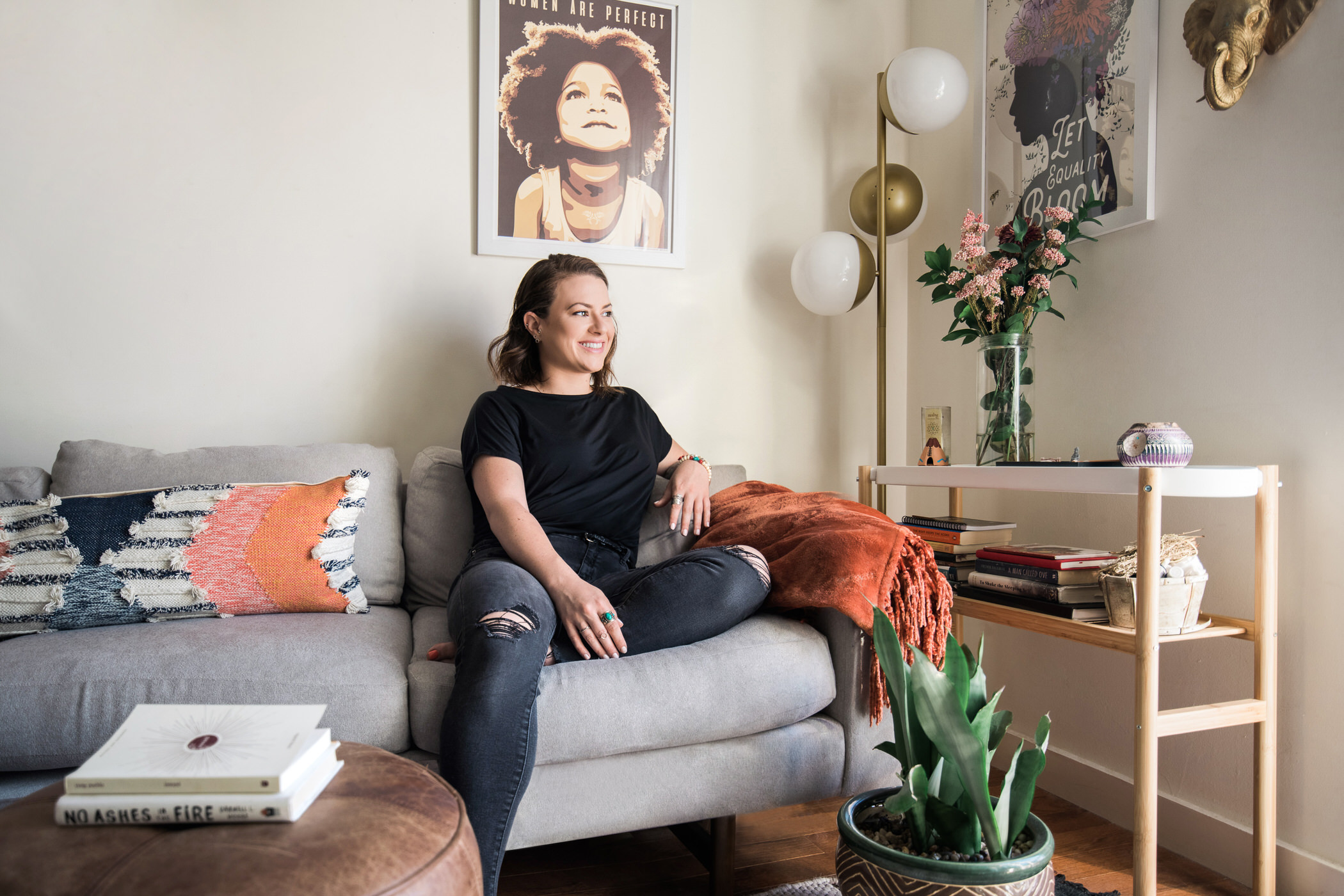
We learned from the women who nominated you that you mentor others in photography, videography, and filmmaking. What has mentoring taught you? How do you instill in those you mentor that their talent and skills can contribute to the betterment of the world?
It has taught me love, acceptance, and patience. I find that I have a strong pull toward wanting to be someone who people can come to for truth, for motivation, and for advice when they are ready to step into their true calling. In order for me to do this, I make a daily conscious effort to empower myself, so that I can also lead by example. I encourage them to remember their inner greatness.
No one is expecting anyone to change the world on their own, that is a collaborative effort. They are amazing just by doing their part with what’s true for them.
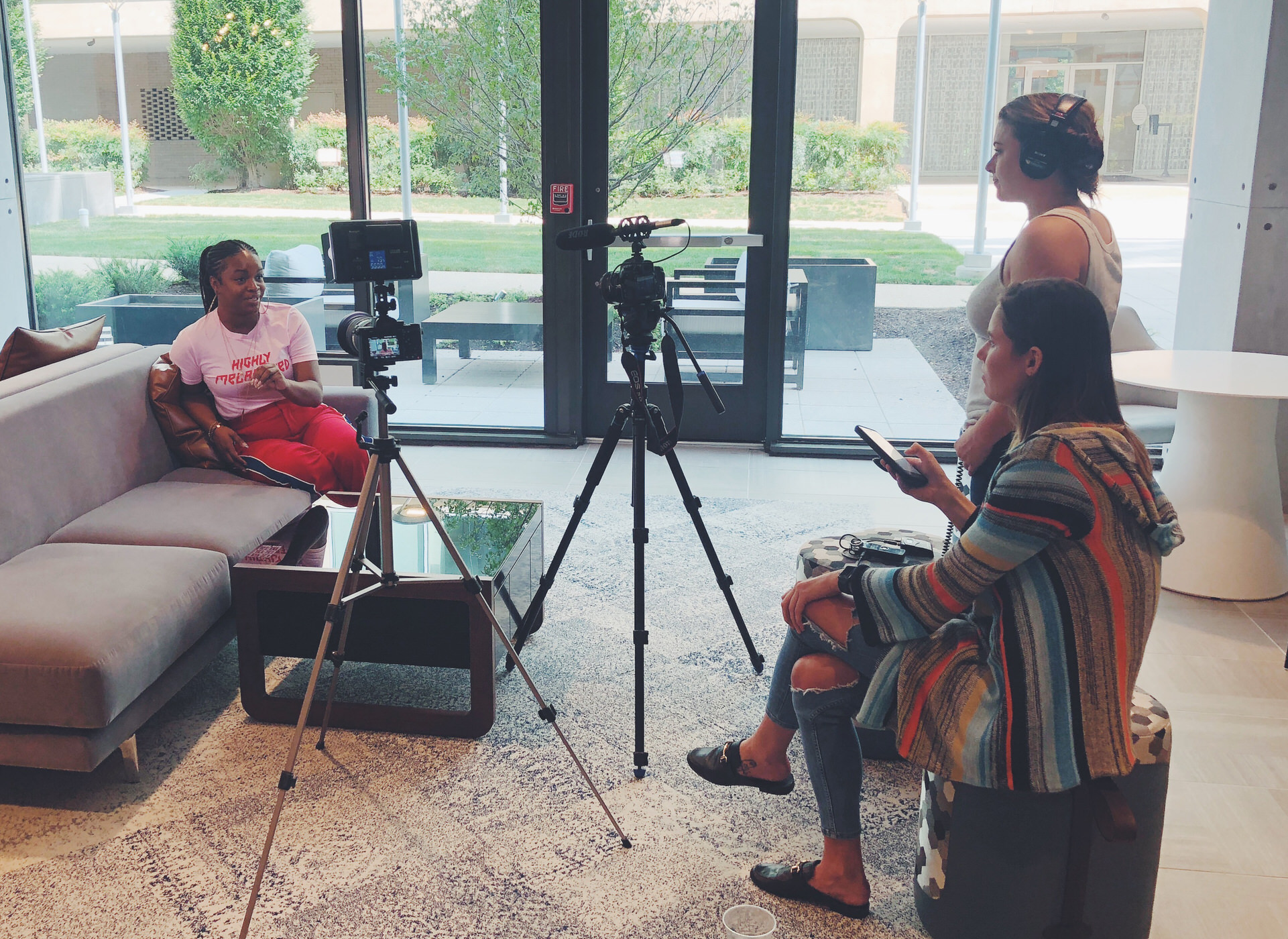
What company, brand, or individual are you currently inspired by? Why?
This really is always amending, as I am always meeting new individuals who inspire me through our Blindfold stories. Someone I would love to interview, who I am invariably inspired by when hearing him speak, or listening to his meditations, is Deepak Chopra. I share in his commitment to spreading love and practicing mindfulness. I am earlier in my practice, of course, so I am grateful to be able to look to him for guidance.
What are three essentials that help you be your best self?
I’ve recently began to do daily work on getting reconnected to my self worth/love and making a commitment to empowering myself so that I can be more loving to all beings, and more authentic to who I am. Being authentic can make a big impact on others around you, and can also show people that it is powerful to be yourself. Using meditation and gratitude practices, keeping my mind and body healthy through the food I eat, and staying active with yoga, muay thai, and cycling, have all helped me to stay on track with being my best self.
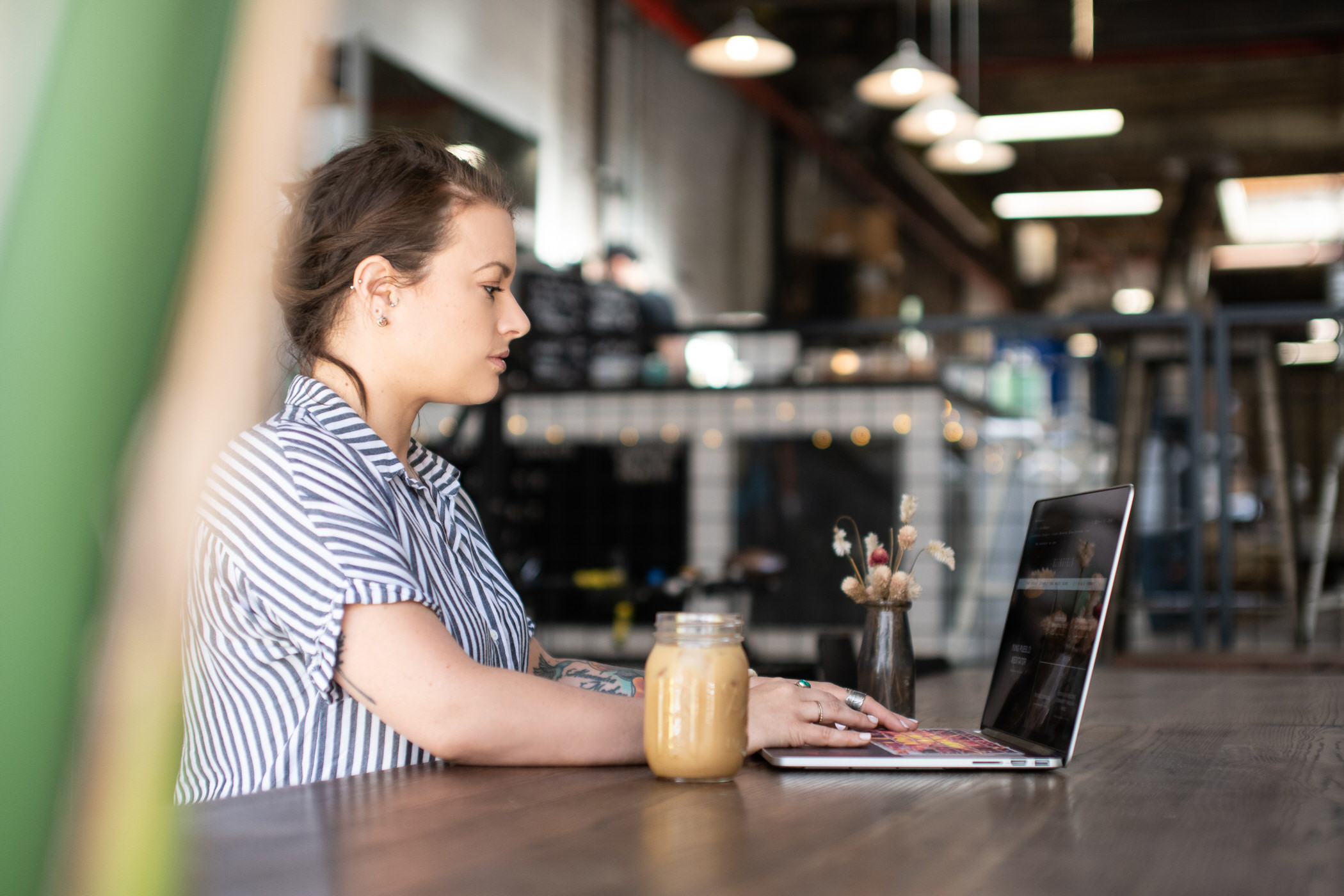
What advice would you give to those trying to merge who they are with the work that they do?
I love this question, because after studying all of these individuals for Blindfold, and working consistently on myself to continue on my own path, it has made it more effortless to guide people who are trying to discover how they can use their tools and gifts in the work they do. I think the key is truly going inward.
Ask yourself what you can do to connect with your true self; the person you are without any fears, pain, anger, or resentment that may have built up over the years.
Connect with that inner person to discover what gets your heart pumping each day. Take what you learn, and you will find that creative spark that reveals the ways in which you can implement your true self into your work.
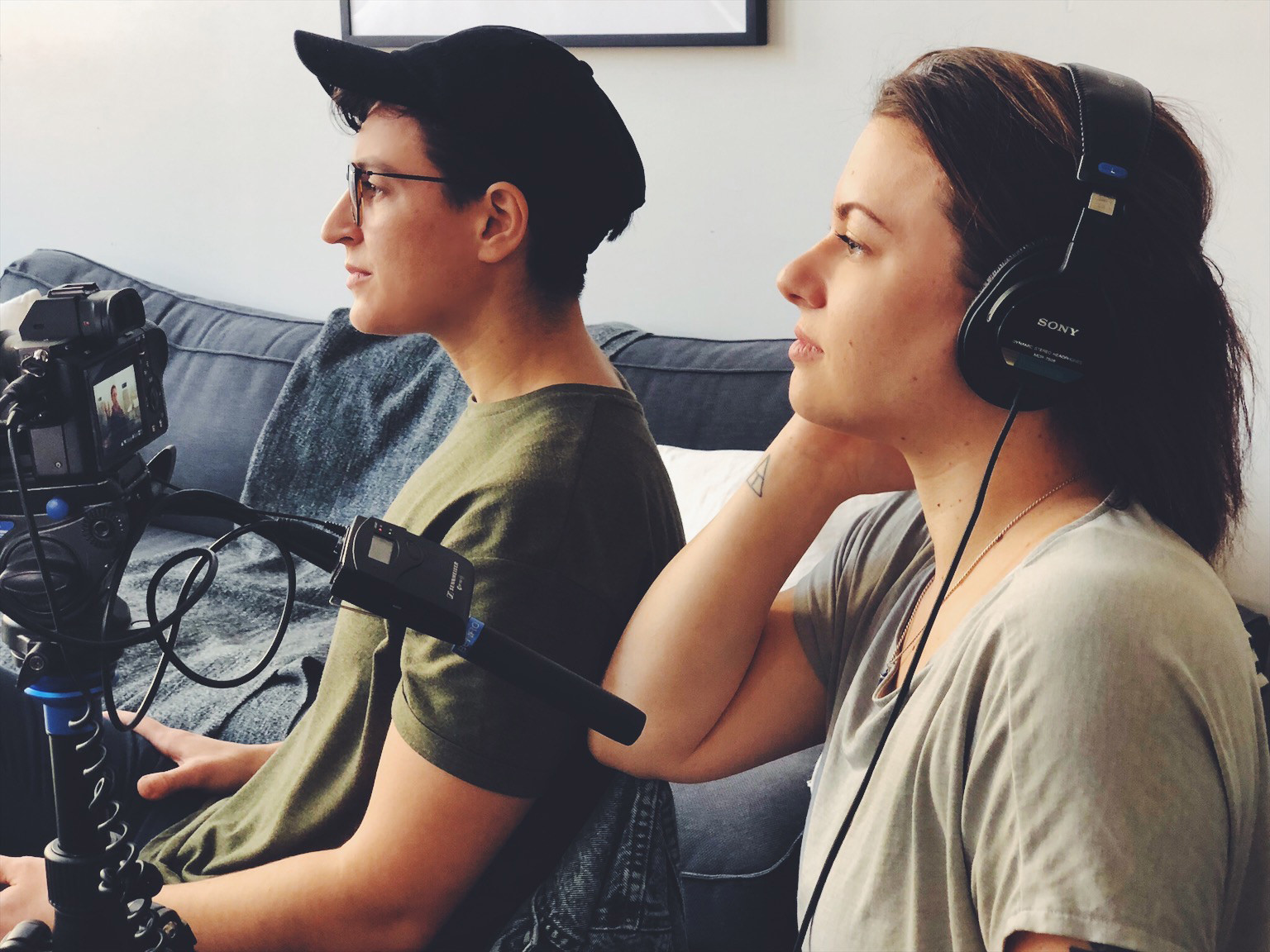
As a storyteller, have there been any social issues that you felt compelled to tell on your own before waiting for it to come to you as a “job”?
In 2013, Blindfold published an article on a young activist named Alezandra Russell. We highlighted her journey in founding her non-profit organization Urban Light, as part of her fight to empower at-risk boys in Thailand to live a life outside of sex trafficking and exploitation. I was so impressed by her fearlessness and passion that I felt called to do my part in sharing her story even further. So, what started as a short-form documentary on the work that Alezandra and Urban Light are doing, has turned into years of research and development for a full-length documentary film I am now directing.
The premise has expanded to not only telling the stories of at-risk young males who are exploited, abused, and trafficked within the sex tourism industry of Thailand, but also calls out the social violence that perpetuates this ongoing issue and follows the activists who are fighting to give these boys the justice they desperately need. After years of powering through the development stage, I came to realize that in order to have the strength to continue on with this film, I had to face my own history with sexual violence and abuse.
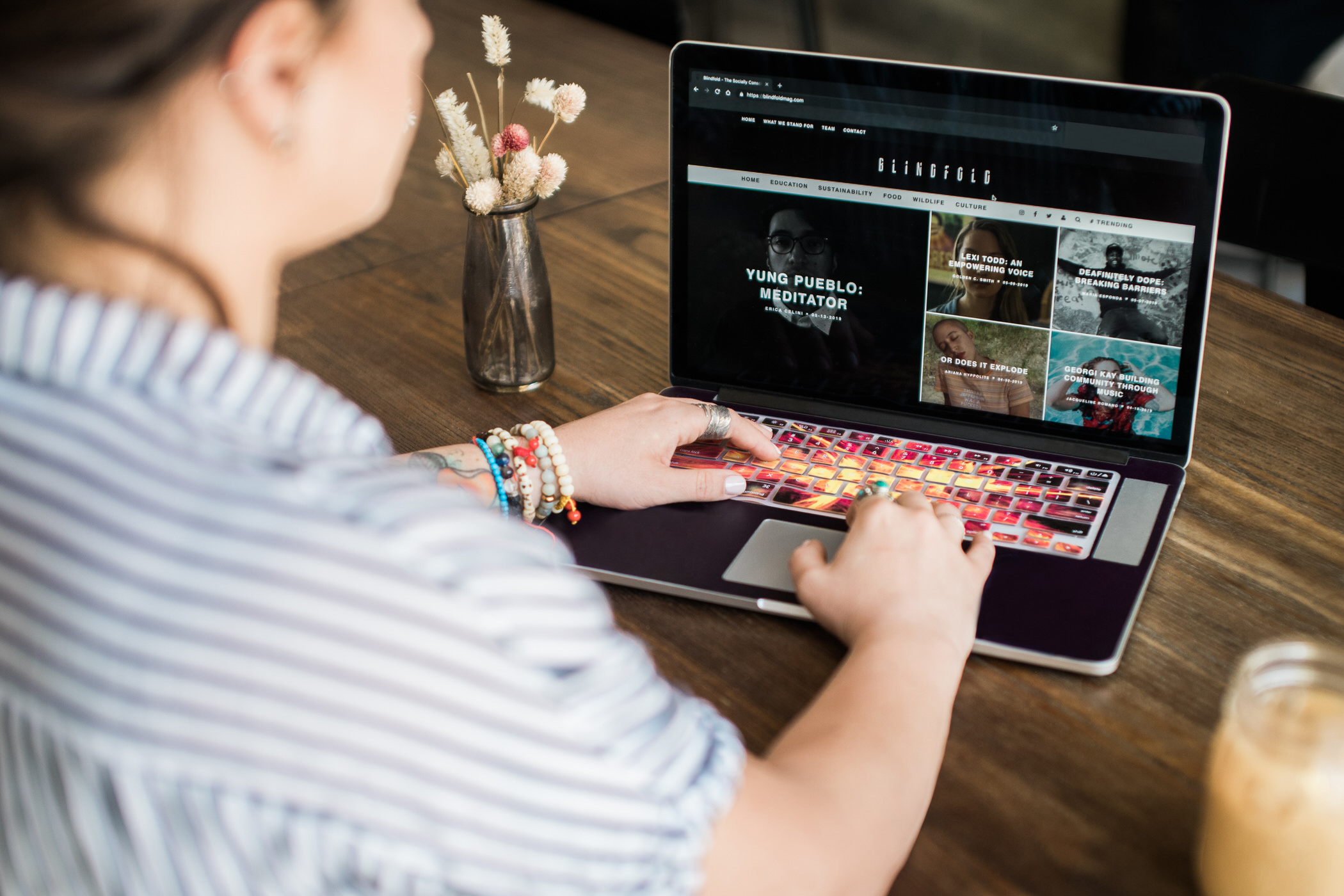
Like the boys, I felt silenced by those who violated me, and by the people whom I reported the violations to. Knowing that I can help this film touch a wider audience of people by being somewhat open about my own experiences, and the healing work that has transpired as a result of taking this project on, gives me an extra push. The goal has always been to call out social injustices, while showing that there is a way to stand up for this population of disregarded boys.
What I didn’t realize when I first started working on this film was that by telling the stories of these boys’ experiences, and now my own, it could also help anyone watching to find hope and an opportunity for healing.
Illustration by Hanna Snyder for Yellow Co., Photos courtesy of Jacqueline Romano
